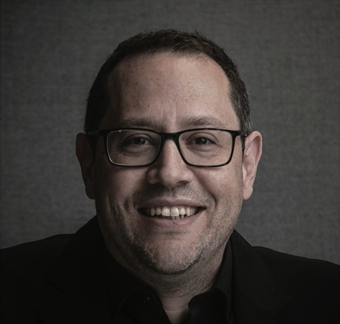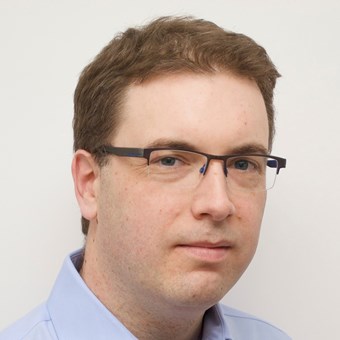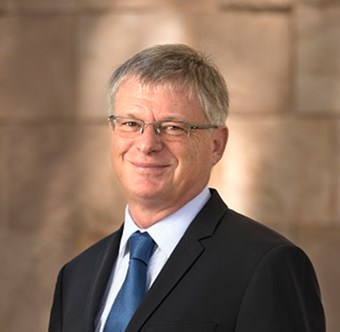
Augusto Rendon
Chief Bioinformatician, Genomics England
Speaker's biography
Augusto holds a degree in Physics from the Universidad de los Andes, Bogota, Colombia. He undertook his PhD at the University of Toronto in the Department of Medical Biophysics. He then moved to the University of Cambridge to pursue postdoctoral work in computational biology and statistical genomics, reaching the level of Principal Research Associate. Since 2014 He has worked at Genomics England, initially as Director of Bioinformatics – now Chief Bioinformatician. There, he leads the bioinformatics and data sciences functions, with a team of about 60 genomic data scientists, bioinformaticians, engineers and curators. He has overseen the establishment of the pipelines to analyse and manage all genomic data for the UK 100,000 genomes project and the NHS Genomic Medicine Service. Together with his team, he has designed and implemented the clinical interpretation systems that return findings to patients, with special care such that knowledge accumulated through this process is best exploited to improve patient care and enhance discovery – thus creating a learning system in genomic medicine. He is husband, father of two wonderful kids, two cats and a dog.




